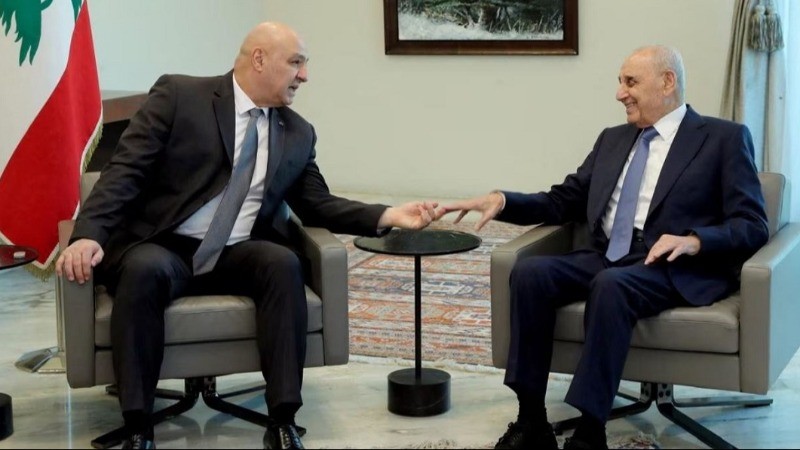
LEBANON: Lebanon got a new president and prime minister, sparking optimism among its citizens and neighboring Gulf and Arab nations. Many hope this leadership change will help the nation recover from its deep economic and political turmoil.
President Joseph Aoun, who has vowed to fight corruption, also emphasized that only Lebanon’s national army should hold weapons and protect the country’s borders. This stance directly challenges both the Shiite militia Hezbollah and Israel.
Both Aoun and Prime Minister Nawaf Salam are widely regarded as neutral figures, steering clear of the political gridlock that has crippled the country in recent years. Aoun, an Ex-leader-national army of Lebanon enjoys high respect among both citizens & foreign leaders, while Salam, an esteemed international judge, garnered strong support from parliament.
However, experts warn that the road ahead will be daunting. Dania Koleilat Khatib, president of the Research Center for Cooperation and Peace Building in Beirut, highlighted the immense challenges the new leadership faces. From returning depositors’ funds to disarming Hezbollah, these are no small tasks. To succeed, Aoun will need significant backing, especially from influential nations like Saudi Arabia and the UAE, to pressure Lebanon’s political structure into action.
Addressing Hezbollah’s Role
Hezbollah and its allied Shiite lawmakers have often been accused of obstructing vital reforms, including justice for the devastating 2020 Beirut port explosion. Senior Hezbollah member Mohammed Raad has criticized Aoun, accusing him of sidelining the group by opposing their preferred candidate, caretaker Prime Minister Najib Mikati.
Analyst Dania Koleilat Khatib noted, For reforms to succeed, regional allies like Saudi Arabia and the UAE must exert continuous pressure on Lebanon’s political landscape, adding that the fight against corruption would likely face resistance from entrenched political interests.
The Need for Urgent Reforms
Key reforms include combating corruption within state institutions, restructuring public debt, and overhauling the banking system to unlock much-needed financial aid from the International Monetary Fund (IMF) and Gulf countries. Additionally, rebuilding southern Lebanon and parts of Beirut remains a priority, especially after the fragile truce with Israel in November.
However, Israel has cautioned that the ceasefire could collapse unless Hezbollah withdraws beyond the Litani River in southern Lebanon. Nicholas Heras, from the New Lines Institute, emphasized that Hezbollah’s disarmament is crucial. He stated, “President Aoun’s mission revolves around securing Lebanon’s borders and restoring full sovereignty. This requires integrating Hezbollah’s arms into the national military, as continued Israeli aggression will persist otherwise.”
Lebanon’s Geopolitical structure
Prime Minister Salam’s role will also be vital in steering Lebanon’s recovery. According to Heras, “Salam will need to manage Lebanon’s geopolitics carefully, balancing the influence of Turkey, Iran, Saudi Arabia, and the UAE amid shifting regional dynamics, including the fall of the Assad regime in Syria.”
Lebanon’s political structure, based on a sectarian power-sharing system, mandates that the president be a Maronite Christian and the prime minister a Sunni Muslim. The president appoints the prime minister in consultation with the Shiite parliament speaker and parliamentary support.
As the new leadership begins its term, all eyes will be on their ability to unify the country, tackle its crises, and restore stability to this war-weary Mediterranean nation.